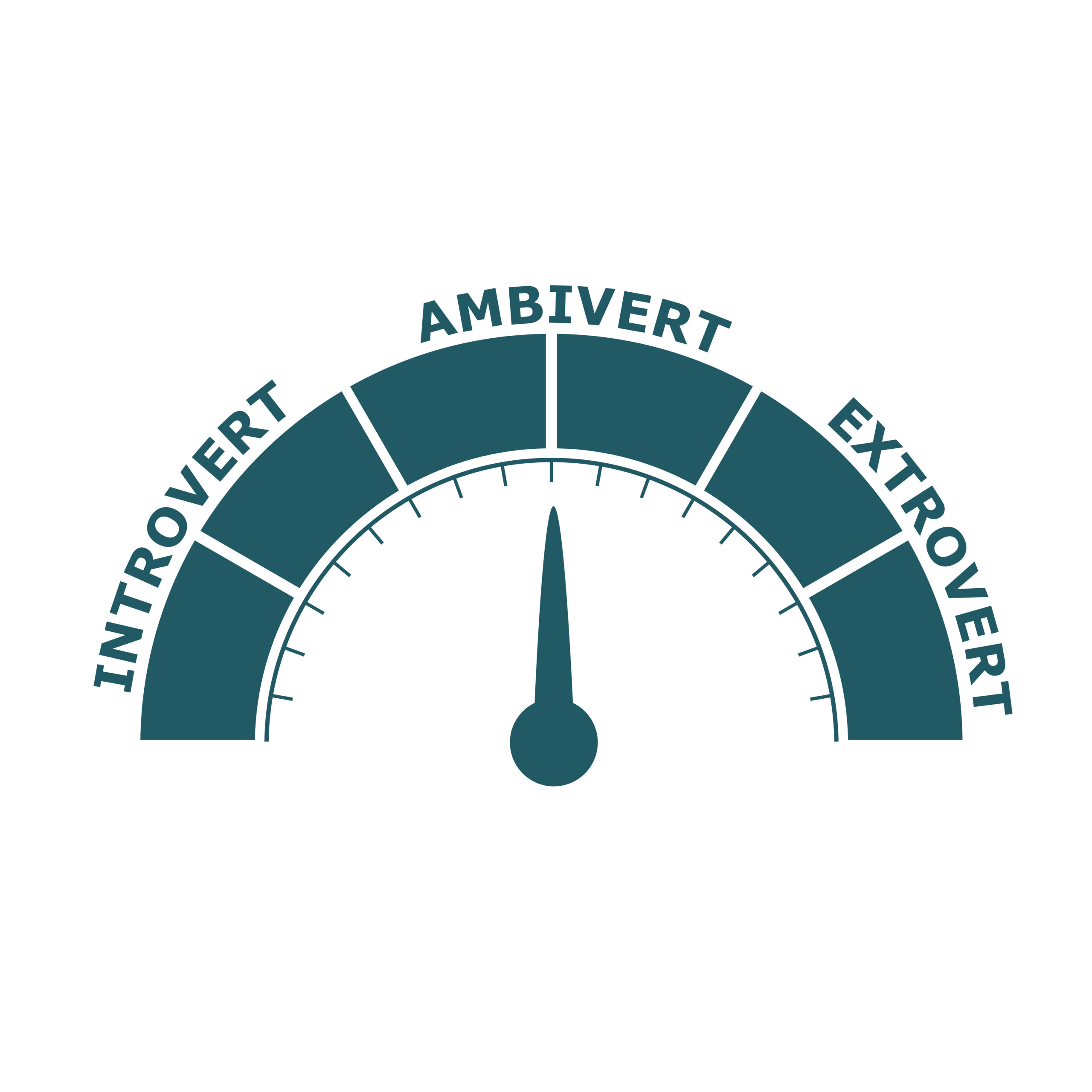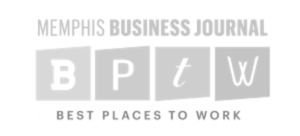MOST BUSINESS OWNERS and hiring managers struggle to find good sales talent, but I would contend that’s because many are simply focusing on the wrong candidate profile. It’s a common stereotype that the strongest extroverts make the best sales professionals. Everyone has experienced their fair share of highly extroverted salespeople in their lifetimes — ones who talked so much, you couldn’t get a word in edgewise and whose aggressive style was such a turnoff that it ultimately prevented you from buying. A 2012 study, called “Rethinking the Extroverted Sales Ideal” and published by Adam Grant in Psychological Science, indicates that the people who are the best at sales usually have a completely different personality type. They’re called “ambiverts,” and they are essentially equal parts extrovert and introvert. That balance equates to an innate versatility — and an invaluable sales trait. The study draws conclusions from the performance records of 340 outbound salespeople. Ambiverts outperformed their introvert and extrovert counterparts by 23 and 32 percent, respectively. Why? Ambiverts have an instinctively flexible communication style, so they are able to more easily match the style of their prospects. They balance the desire to talk with the need to listen, and as a result, they avoid the appearance of overconfidence.
However, they also demonstrate the assertiveness and enthusiasm necessary to close a sale. Another interesting study finding is that extreme introverts and extroverts perform at virtually the same level — most likely because the most critical skill in sales is the ability to listen. Introverts more frequently possess strong listening skills, which can make up for any deficiencies in more extroverted qualities like building rapport or closing the sale. How do you identify an ambivert in a sales candidate interview? Ask your candidate to rate these 10 questions on a scale of one to five where one is strongly agree and five is strongly disagree.
You’re looking for an average of all the responses that falls in the middle.
- I prefer one-on-one conversations to group activities.
- I’m a big risk taker.
- I prefer to express myself in writing (versus verbally).
- I enjoy solitude.
- People tell me I’ve never met a stranger.
- People describe me as soft spoken.
- I am most energized when I’m around other people.
- I prefer work that allows me to “dive in” with few interruptions.
- I prefer to work alone.
- In sales pitches, I’m good at “shooting from the hip.” You probably already know whether your sales team falls on the introverted or extroverted side of the scale.
Compare this information against the team’s performance to see if this study holds true inside your organization — and if so, consider an ambivert for your next sales position.







